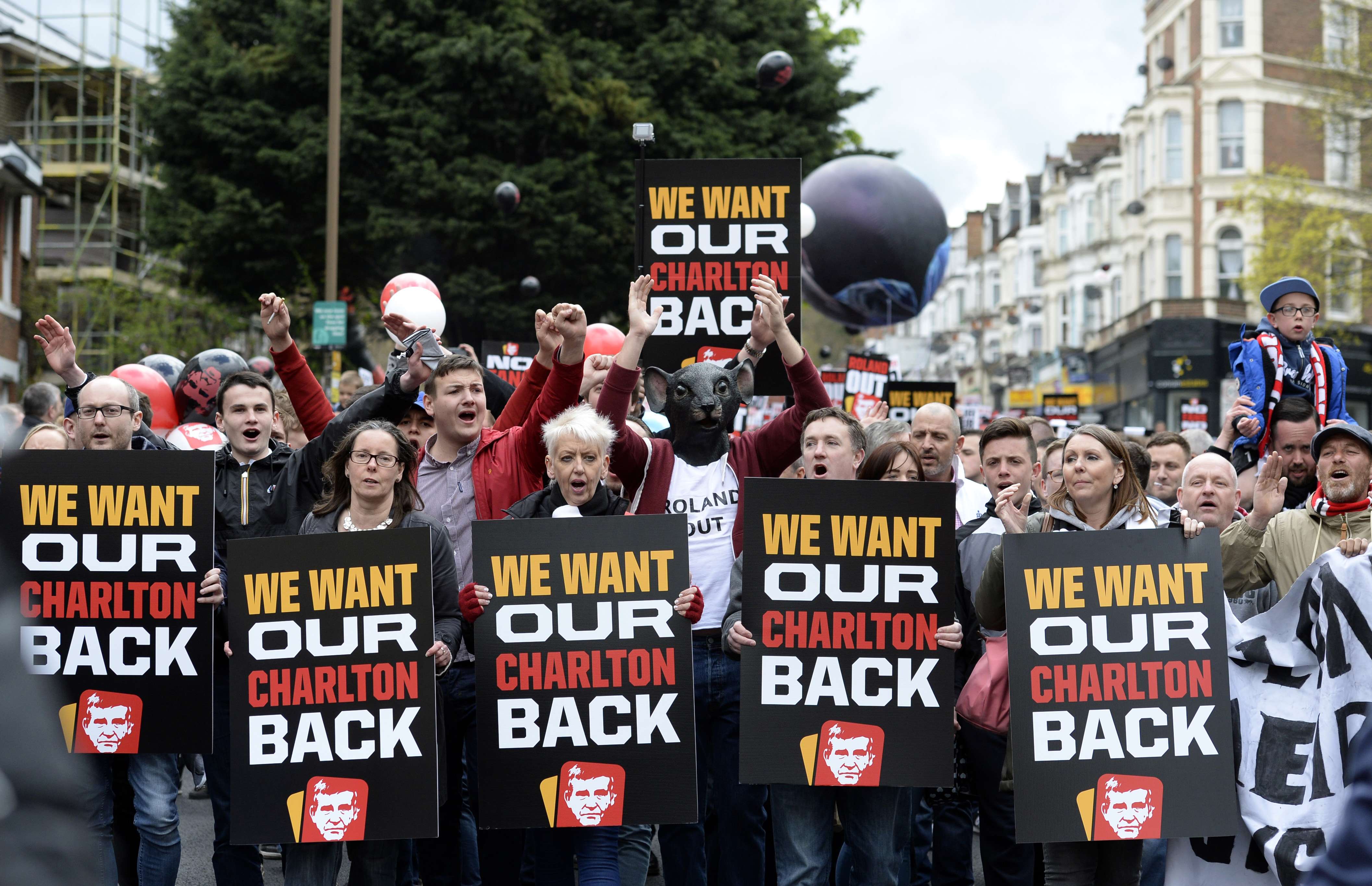The number one piece of social media advice? Don’t do a Charlton.
You’ve probably wondered about social media best practices – what you should do to engage your audience or to make them more inclined to support your organisation or buy your product. But have you ever wondered what you shouldn’t do?
Well here’s some social media 101 for you: identify authoritarian tendencies in your public relations early on and try as hard as is humanly possible to avoid them!
Admittedly, this isn’t the kind of advice everyone needs to hear. After all, who on Earth would ever think of being ‘authoritarian’ on social media? What would that even involve, I hear you ask, perplexed. Well, last week an image of a letter emerged on Twitter that made every football fan – and frankly anyone – who saw it drop their bottom jaw in disbelief.
It emerged that Charlton Athletic – the recently relegated, crisis-saturated, third tier English football club – had sent letters to their season ticket-holding fans requesting that they have a meeting with the club and sign an ‘Agreed Behavioural Contract’ in which they agree to refrain from criticising the club and its owners on social media.
They had identified some alleged online troublemakers and were determined to act, it seems. But their approach is the kind of draconian measure you’d expect during the early years of a fascist political regime – after the rise to power, before the brutal crackdown.
Absolute disgrace from the Charlton hierarchy! And not one media outlet highlighting it! Force the owners OUT! pic.twitter.com/TqrXo18Val
— Stan Collymore (@StanCollymore) August 12, 2016
As if the thought of doing something so extreme as monitoring your fans’ behaviour on social media wasn’t enough to put you off snooping in the first place, actually acting based on what they’ve said online is quite unsettling.
It’s one thing if you’re monitoring criminal behaviour, or behaviour which might lead to criminality. It is entirely another thing if you’re cracking down on the ability of your fans’ to vent their anger at the way their club is being run. Especially when it comes down to their social media usage.
Essentially, the club is claiming that when it issues season tickets, it does so on a conditional basis. Which is what all clubs do – you don’t accept season ticket applications from known hooligans, for example.
Most clubs don’t want to sell season tickets to fans who are going to come to the ground and create a negative atmosphere. Usually that doesn’t happen because most fans come to cheer on their team.
But when you’re Charlton Athletic, when your fans don’t like the owners who have come in from the outside to buy their club before taking it in a different (downward) direction; when you’ve established a policy of selling your best players only to replace them with cheaper players, then you have a problem that most clubs don’t have.
To say the club is in a bad place is an understatement. They’ve been relegated, morale is low, and from a sporting perspective, they need all the help they can get. So you can see how protests from the terraces could be distracting, to say the least.
But the best way to go about that is surely to engage the fans and get them on your side.
The way Charlton Athletic have gone about it, however, is more akin to fan cleansing – it’s a purge on those whom they consider undesirable, unworthy of a season ticket, unworthy of fandom. And all because they’ve aired their grievances about the ownership of the club.
In the end, it’s all about PR, relationships and perceptions.
On the most generous – probably too generous – reading of Charlton’s behaviour, this is a club who want to create a positive atmosphere around their team and not a negative one, but who have grossly misjudged the situation. On the most generous reading, Charlton are like a stroppy teenager accusing his mother of being ‘negative’ because has concerns about his behaviour or his application to his studies – he wants everything to turn out perfectly without ever having to confront the more complex reality of his situation.
On the less generous reading, however, this is authoritarianism in its most obvious form. An iron-fisted attempt to quash any control the fans still had over the club – namely by criticising it on the most public of platforms.
If you want to get your audience on-side, Charlton, take the advice Europe took in the 1940s: don’t go down the authoritarian route, work on the issues in a constructive and diplomatic manner. You catch more flies with honey, after all.
And if you’ve ever wondered what not to do on social media, taking the Charlton route is probably the very first thing you should want to avoid.
About author
You might also like
SPORTEL 2021: Day One Recap
This year’s prestigious SPORTEL convention kicked off in sunny Monaco today, welcoming a host of familiar faces as well as plenty of new ones. Doors opened at 8:30am with businesses
Six Founding Riders Set To Bring The Vision Of The UCI Track Champions League To Life
Olympic Champions, UCI World Champions and World Record holders join the new track cycling competition debuting in November 2021 The UCI Track Champions League is delighted to announce that six
Sports related spending to soar this summer as pre-pandemic life resumes
New insights from eBay Ads UK reveal the potential for brands to engage with an excited but nervous nation as sports events get back on track As pubs and indoor









